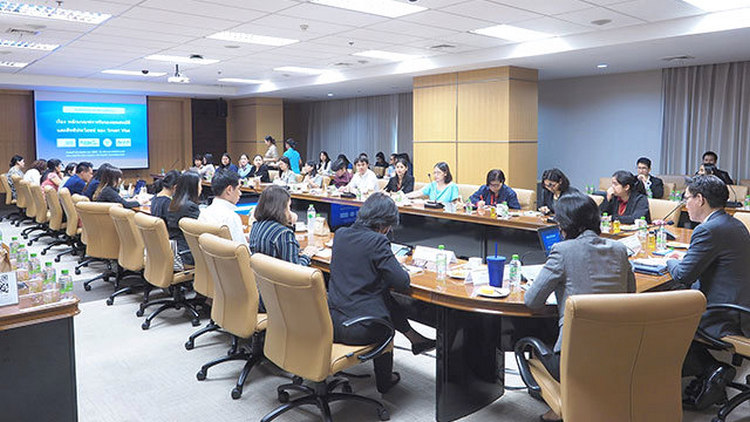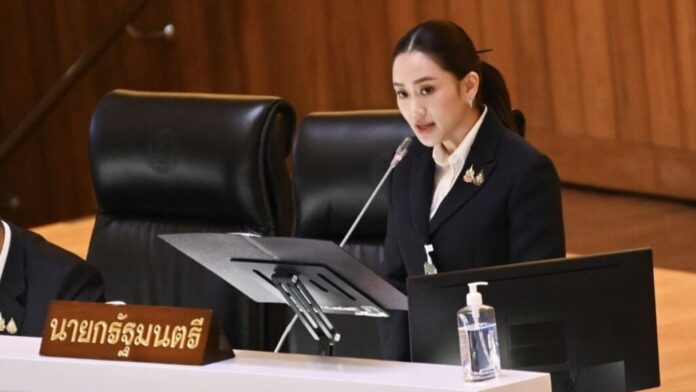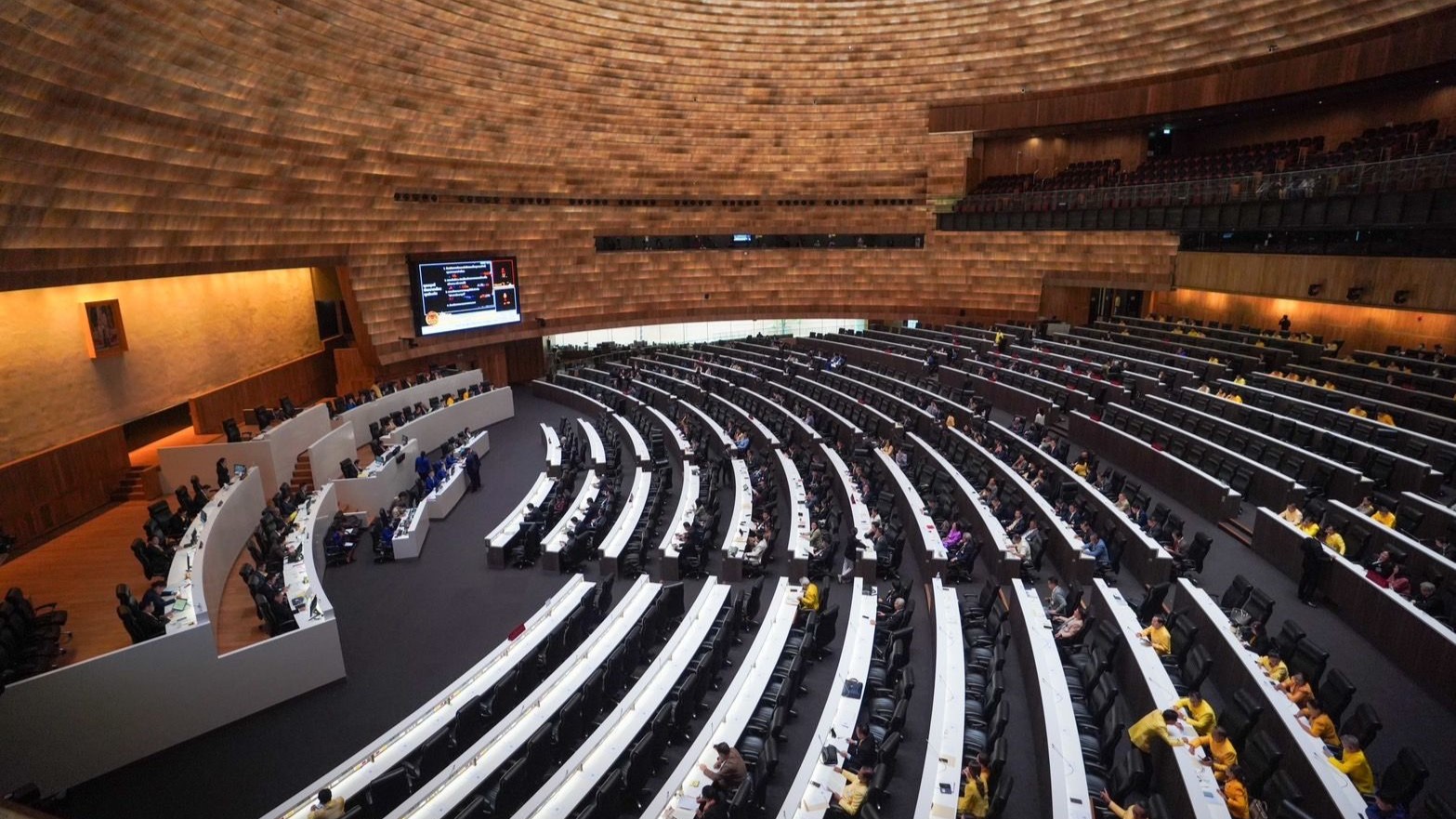Guten Morgen Ola , meine Freundin Lada ist im Palmtree und sie hat im Anbau D3 bei mir eine schwarze oder braune Schlange gefunden . Die Schlange 🐍 ist von meinen Grundstück runter , also aufpassen. LG.Thomas Micklisch
The Thai baht is experiencing its sharpest rise in 26 years, reaching levels last seen during the 1998 Asian financial crisis. This surge has hampered Thailand's recovery in the tourism and export sectors, Bloomberg News reports.
While the baht's rise is partly linked to a weakening US dollar ahead of the Federal Reserve's anticipated rate cut, its unexpected appreciation against key trade currencies has made Thai products less competitive abroad.
Commerce Minister Pichai Naripthaphan and Deputy Finance Minister Paophum Rojanasakul have called on the Bank of Thailand (BOT) to take action to curb the baht's rapid rise and manage exchange rate volatility.
Kriengkrai Thiennukul, chairman of the Federation of Thai Industries (FTI), noted that the strong currency has driven up production costs and worsened the influx of low-cost imports from China. "We need a stable baht and help managing financial costs," Kriengkrai emphasized.
Paophum added that it's vital for the baht to remain "neither too strong nor too weak, but above all, stable."
Despite continued growth in tourism, the stronger baht may reduce tourists' spending power, particularly affecting shopping and accommodation. Surawat Akaraworamat, vice president of the Tourism Council of Thailand, pointed out that the higher exchange rate makes goods and services appear more expensive to foreign tourists.
The baht's strength may also hamper Thailand's ability to meet its tourism goals for the year. This presents a fresh challenge for Prime Minister Paetongtarn Shinawatra, who is focused on boosting the economy and lowering living costs amid slower growth in Thailand compared to other ASEAN countries. Both tourism and exports are vital economic drivers, repoerted The Nation.
Picture courtesy: TTG Asia
The BOT has voiced concern over sharp currency fluctuations, with the baht appreciating 9.14% against the US dollar in the past three months, significantly above the yearly average of 7.96%. This volatility has put the export sector under additional pressure.
The BOT has committed to stepping in to stabilize the baht and mitigate further damage to the economy. Nattaporn Triratanasirikul, deputy managing director of Kasikorn Research Center, noted that the currency's sustained strength will be a key topic for the BOT's Monetary Policy Committee meeting on October 16.
TOP Picture courtesy: Thai Rath
-- 2024-09-21






















